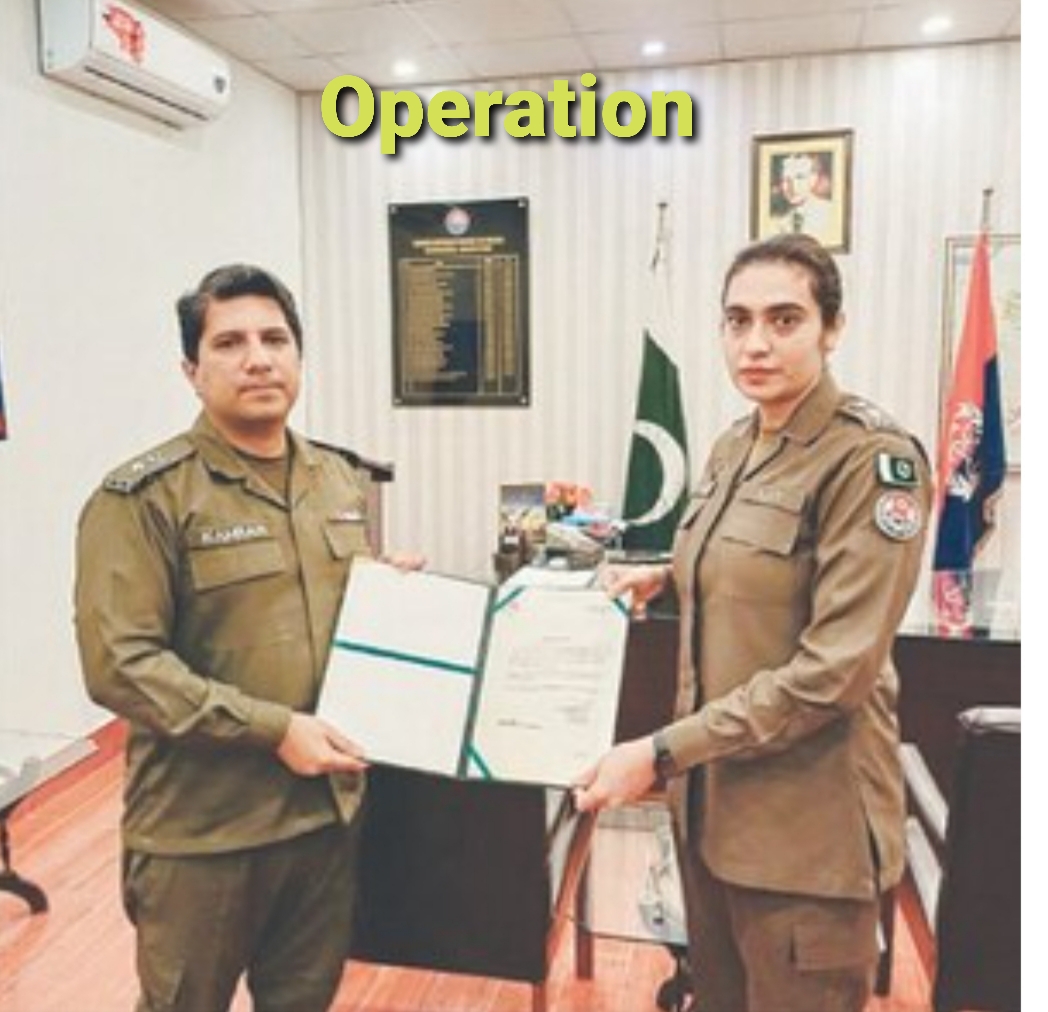The Prime Minister has approved a new operation to eradicate militancy, targeting Khyber Pakhtunkhwa (KP), despite opposition from parliamentarians. The KP Police, under its polished and professional Regional Police Officer Muhammad Ali, has already launched a crackdown against those involved in the lynching and burning of a tourist from Punjab in Swat. Ensuring justice is crucial, and it’s hoped the police will be fair and even-handed.
An FIR has been lodged against 2500 unidentified individuals. It’s vital that this doesn’t lead to the persecution of innocent bystanders or sympathizers, who may have been incited by local mosque loudspeakers. In large operations, ordinary citizens often bear the brunt. The RPO and DPO must maintain the KP Police’s reputation for fairness.
A joint investigation team (JIT) has been formed. Having been a JIT member in the past, I understand the limitations of such exercises. For this high-profile case, specific guidelines should be provided to the members, focusing on the who, what, when, and why of the incident. Key questions include: When did the incident begin? What motivated the blasphemy accusation? Who incited the violence? And who were the main culprits? Targeting the masterminds and provocateurs is essential, rather than just those at the crime scene.
The two brothers whose confessional video went viral have been apprehended. They claimed affiliation with a Lahore-based religious outfit linked to the Faizabad sit-in. This group’s leader is equally responsible for brainwashing followers into vigilante justice, challenging the state’s authority. Swat has not traditionally been home to such politically motivated religious groups.
The law enforcing agencies across Pakistan has a case study based on the successful negotiations based operations spearheaded by young lady police officers such as ASP Sherbano and ASP Kainat Azhar Khan, posted at Taxila. Both being the glaring example of the power of negotiations in handling difficult situation, as opposed to use of force which always proves counter- productive in volatile situations when law enforcers are pitched against the public.
Pakistan has appealed to the United Nations Security Council to help disarm TTP elements in Afghanistan. However, it is crucial to first address domestic extremism effectively, beginning with a thorough and fair investigation of the Swat incident. This would demonstrate national commitment to eradicating extremism across Pakistan, rather than go into an action blindly against foot soldiers of the extremist masterminds unless the head of the snake of extremism is chopped off, its poisonous fangs will be there to keep injecting the venom of extremism and violence into the Pakistani Society from Karachi to Khyber.
KP residents are frustrated by previous military operations that failed to eradicate militancy or restore peace, instead further alienating citizens and tarnishing the armed forces’ image. Before the Swat operation, I wrote an article in Dawn that could have guided military leadership, but it was ignored. Military operations in the conservative geography of the Pukhtuns often result in blowback, jeopardizing national solidarity and integrity.
Peace should be given a chance by allowing local leadership to manage affairs rather than imposing solutions through force. Winning the hearts and minds of the local population requires dialogue-based political intervention, not military action. Although experience is the best teacher, its cost is high. I hope those running Pakistan’s affairs heed this lesson. Long Live Pakistan.🇵🇰

